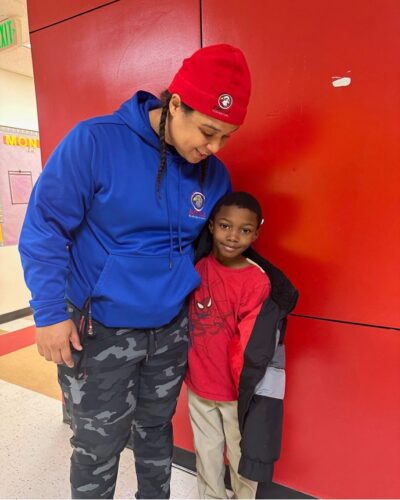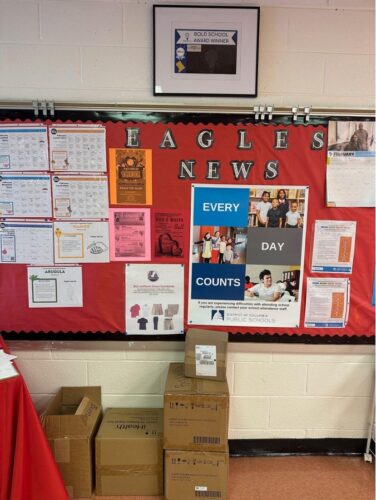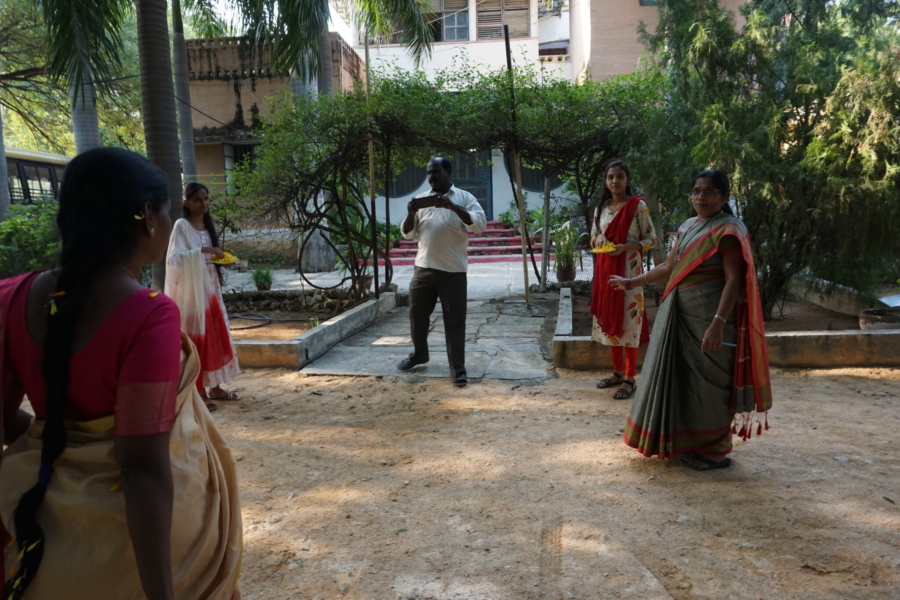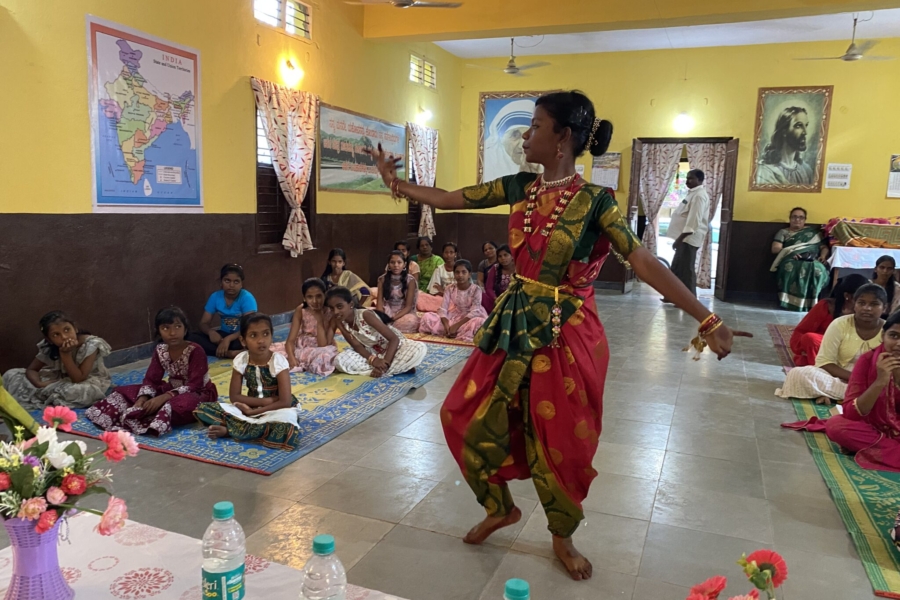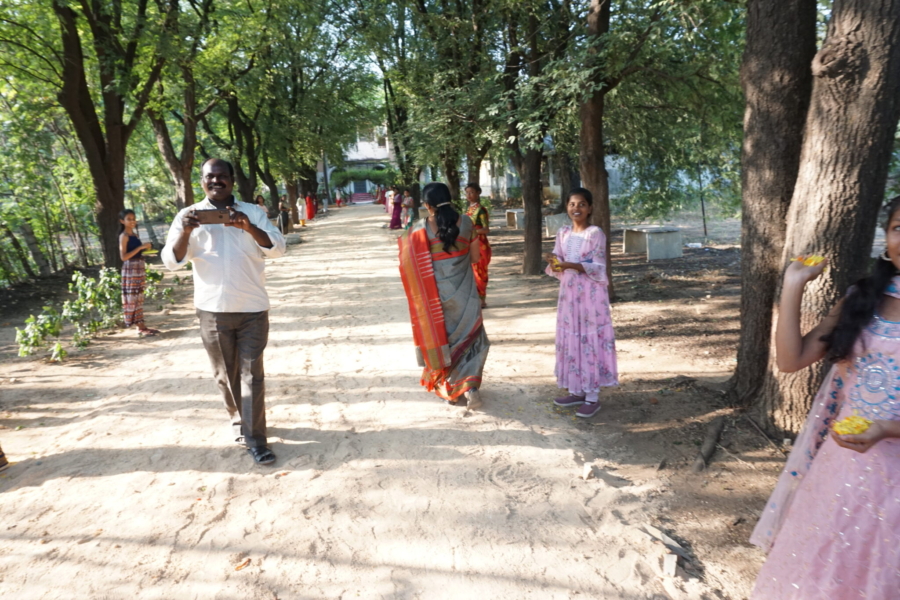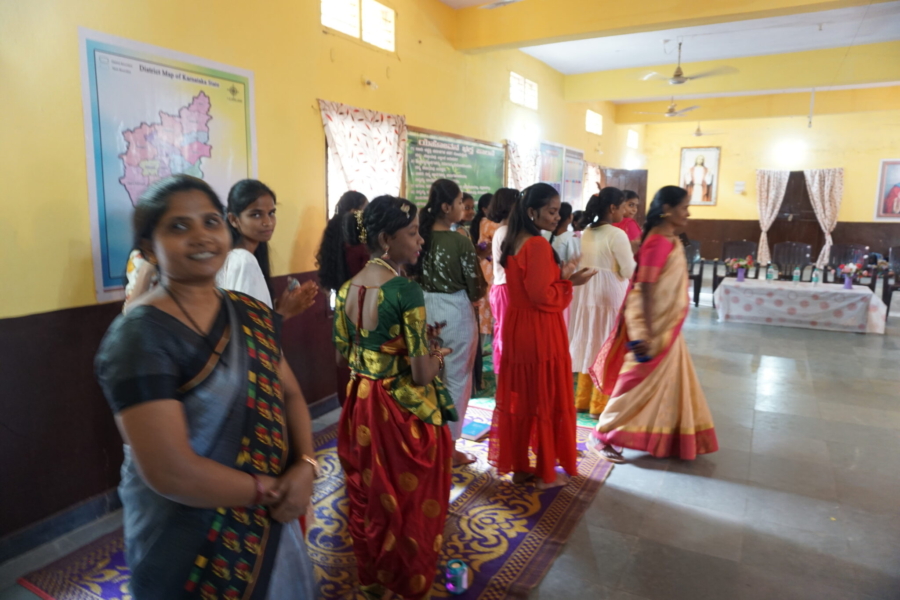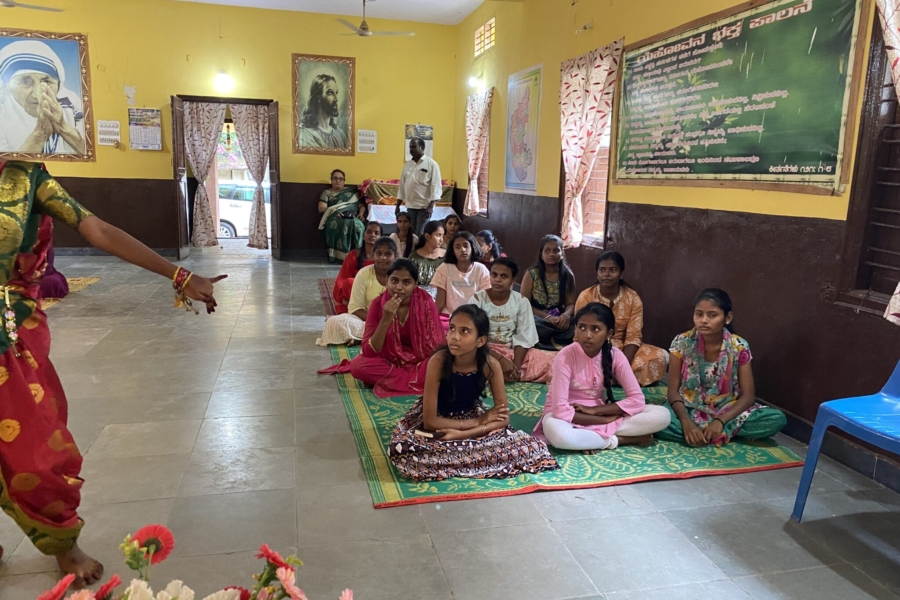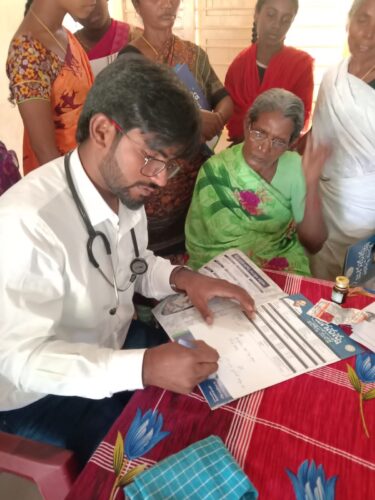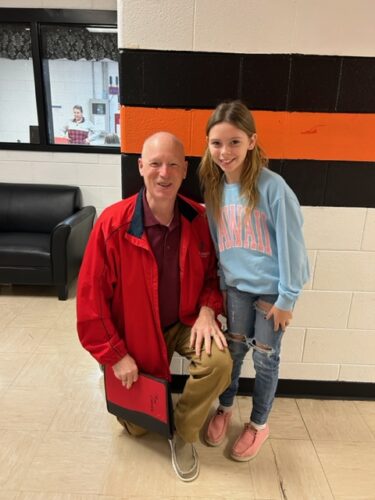Letcher County is in the southeastern part of Kentucky. It is bordered by four other Kentucky counties and Wise County, Virginia. The county seat, Whitesburg, is located in the middle of the county.
As European explorers and the earliest settlers made their way into Kentucky, the Native American populations of the area (Shawnee in the north and Cherokee in the south) were steadily displaced. Kentucky became a state in 1791, and what became Letcher County was a beautiful but sparsely populated area. Its scattered families made their living by farming. These were very small farms due to the mountainous terrain, which also made road building and maintenance difficult. The main crop was corn, and the primary livestock was pigs.
The flood caused an immediate disaster but also resulted in long-term negative impacts on the children and their families. Thankfully, Children Incorporated has been able to help.
These made a modest “cash crop” possible, as corn was primarily distilled into alcohol and moved by barrel, and hogs were driven through the mountains into a market town. Most of these small homesteads also had a few horses, milk cows, sheep, and chickens. Some men supplemented the farm income by cutting and selling timber. A few men had salt licks on their land – salt was an important resource in settling the Commonwealth – and they were glad to sell it.
Finding Coal in Kentucky
But of course, the extensive resource that changed everything was the discovery of coal and, later, the ability to mine it on a commercial scale. The discovery of coal in Kentucky is credited to Dr. Thomas Walker in 1750, who was the first known person to find and use coal in what would become the Commonwealth of Kentucky. By 1790, coal had begun to be produced commercially, albeit on a rather small scale, in Lee County. Small quantities continued to be mined across the state, but it wasn’t until 1855 that annual production exceeded 100,000 tons.
The start of the Civil War in 1861 interrupted production. However, soon after the end of the Civil War in 1865, agents from eastern corporations poured into Kentucky’s mountain region. They were eager to secure extraction rights, and many farmers signed away their rights for a few cents per acre.
Letcher County had rich veins of coal. Company towns sprang up, and the coal was mined and hauled away, enriching the absentee owners. At first, the existing families and newcomers who came for work were happy with the chance for better incomes and provisions for their families. But many were swindled. Many owners paid the men in scrip, not cash, which could only be exchanged within the company town, where charges were so high for the food, clothing, and work equipment that some residents were perpetually in debt. [The song “Sixteen Tons” by Merle Travis was about the scrip system and contained the famous line “I owe my soul to the company store.”]
Changes for Letcher County
For years, many families made a good life by working in coal mines. But gradually, the coal industry went into a decline. This was primarily due to mechanization – as mines grew their machine capacity, they didn’t need as much workforce. The thick, easily accessible coal seams in eastern Kentucky have mostly been mined. What remains is harder and more expensive to mine. Meanwhile, there is more competition from coal mines out west in Montana and Wyoming. Finally, there is less demand for coal as more industries look for cleaner and more sustainable energy sources.
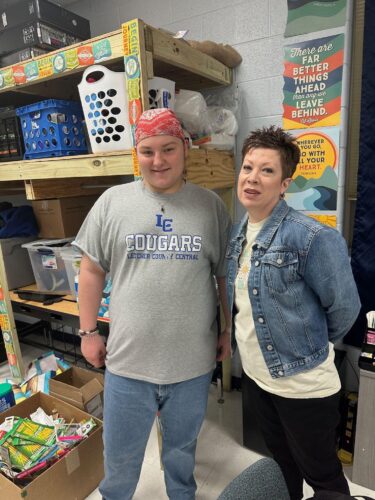
I am excited to share with our sponsors and donors stories from my travels to Letcher County, where, thanks to our volunteer coordinators, we have been able to help families in need.
This has left eastern Kentucky’s coal mining communities plagued by higher unemployment, a rise in low-wage service jobs, and poverty. Furthermore, as coal companies left, the communities lost their main tax base. The communities’ infrastructure is fragile. These communities are left to deal with the fact that many coal companies did not reclaim the land.
Coal mine owners and operators often ordered the stripping of hillsides and the blasting of mountaintops to get at even more coal. After a company’s mining operations stop, the company is supposed to rehabilitate the land. It is a requirement of the Surface Mining Control and Reclamation Act (SMCRA) of 1977.
The companies that cease mining operations are supposed to reshape the disturbed area, prevent soil erosion, and, based on the soil’s needs, fertilize and replant with appropriate vegetation. Erosion prevention is important for clean creeks and streams. Regional water tables are important, as many rural families use wells. Reclaimed land can be used for agriculture, forestry, wildlife habitation, and recreation. The cost of reclaiming the land was to be factored into the mines’ costs.
The problem is that many mining companies pulled out without reclaiming the land. The 1977 law is having problems working as envisioned because regulators set the amount of money for reclamation bonds too low, and they are not strictly enforcing the requirements that the companies reclaim land and water contemporaneous with the coal removal. Coal companies postponed reclamation for as long as they could – often for many years. The issue has been made worse as many coal companies have gone bankrupt before doing any reclamation.
Unless land is reclaimed with new grading and planting, then the surrounding communities are more vulnerable to flash floods. And that is what has been happening more frequently.
VisIting our affiliated sites Again
As we came upon the second anniversary of the horrendous and devastating floods that struck southeastern Kentucky July 26-30, 2022, I made plans to visit all our affiliated schools in Letcher County. The flood caused an immediate disaster but also resulted in long-term negative impacts on the children and their families. Thankfully, Children Incorporated has been able to help.
In Letcher County, three people died. Two were a married older couple who worked as janitors at Letcher County Central High School. They died when their car was swept off a bridge, and their deaths grieved the students and the community. (The third was an older lady who had a heart attack as she was trying to escape.)
In the upcoming weeks, I will be sharing stories from my visit to Letcher County, highlighting just how much our sponsors and donors have been able to do to help families in this area of our country.
A very large number of people were left homeless. There was already an affordable housing shortage, and the flood worsened the situation. This forced many people to move, at least those who had the skills and the ability to leave.
Looking at the schools, Kentucky Education Commissioner Jason E. Glass said of the 25 school districts in the Commonwealth that were affected by the flooding, Breathitt County, Jenkins Independent, Knott County, Leslie County, Letcher County, and Perry County schools were impacted the worst, with significant damages to school operations and buildings. Several schools were inundated and damaged too badly to open after the summer break in August.
It has been a long road to rebuild and recover. I am proud that Children Incorporated was able to respond immediately to the flooding. Our Hope In Action Program helped with grants in August 2022 to our affiliated sites in the impacted areas. Another round of grants went out in September 2022 to the hardest-hit counties. In the upcoming weeks, I will be sharing stories from my visit to Letcher County, highlighting just how much our sponsors and donors have been able to do to help families in this area of our country.
***
How do I sponsor a child with Children Incorporated?
You can sponsor a child in one of three ways: call our office at 1-800-538-5381 and speak with one of our staff members; email us at sponsorship@children-inc.org; or go online to our sponsorship portal, create an account, and search for a child that is available for sponsorship.

